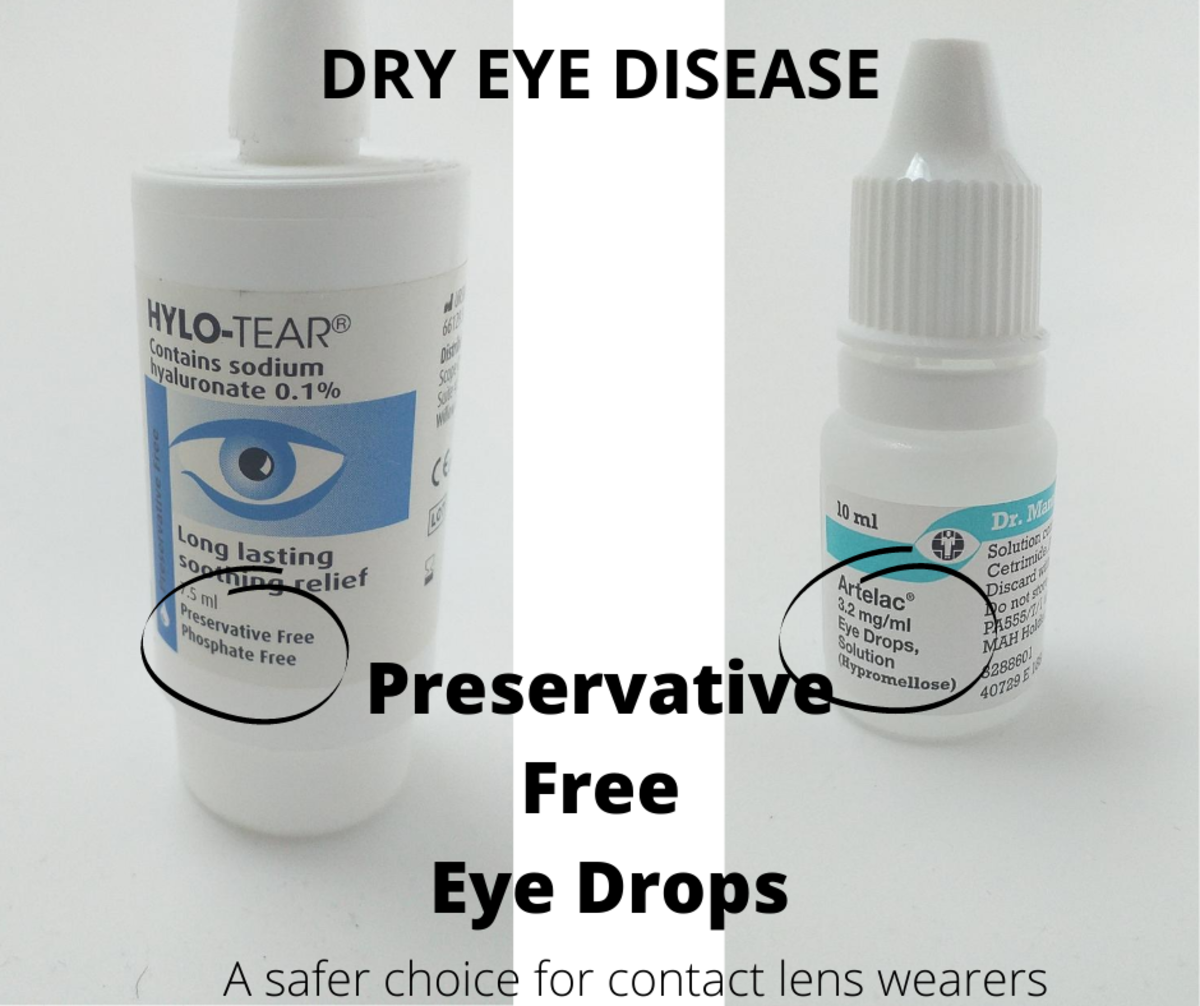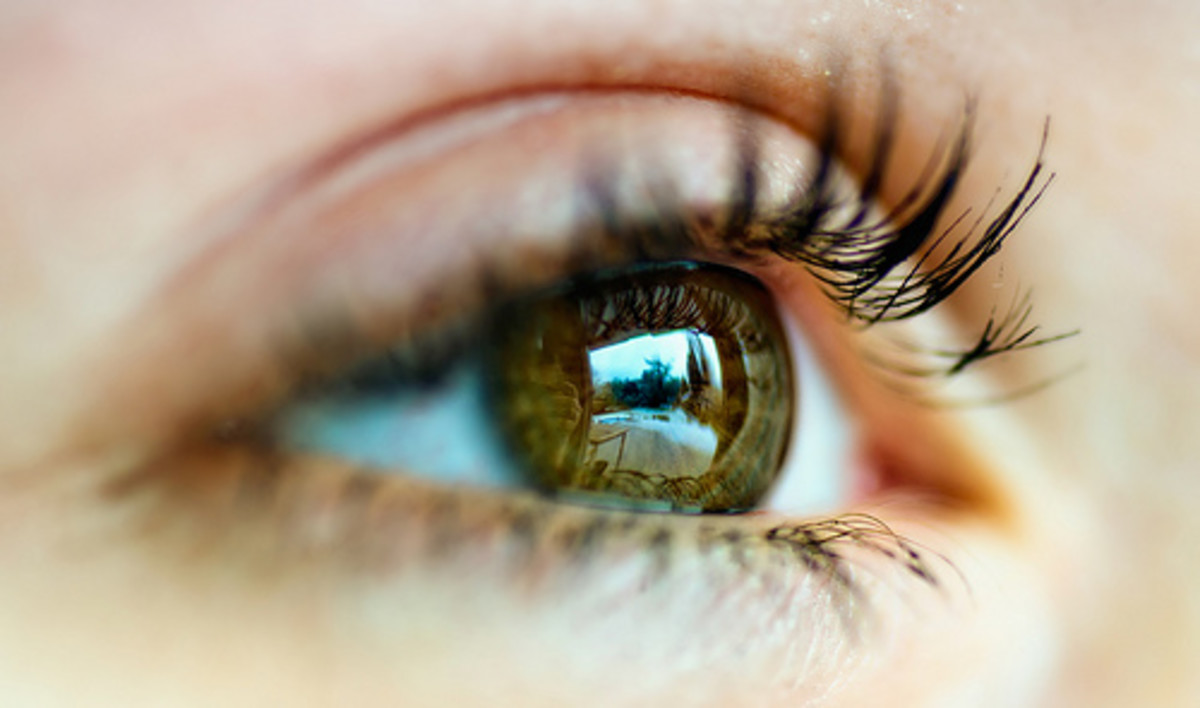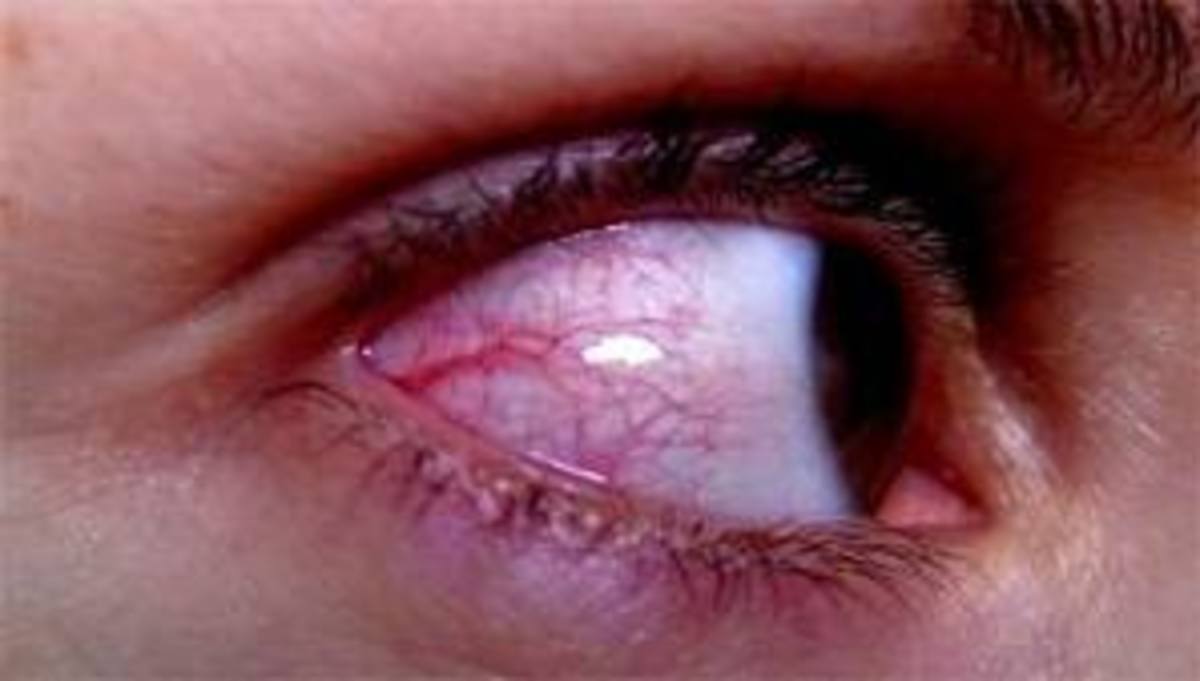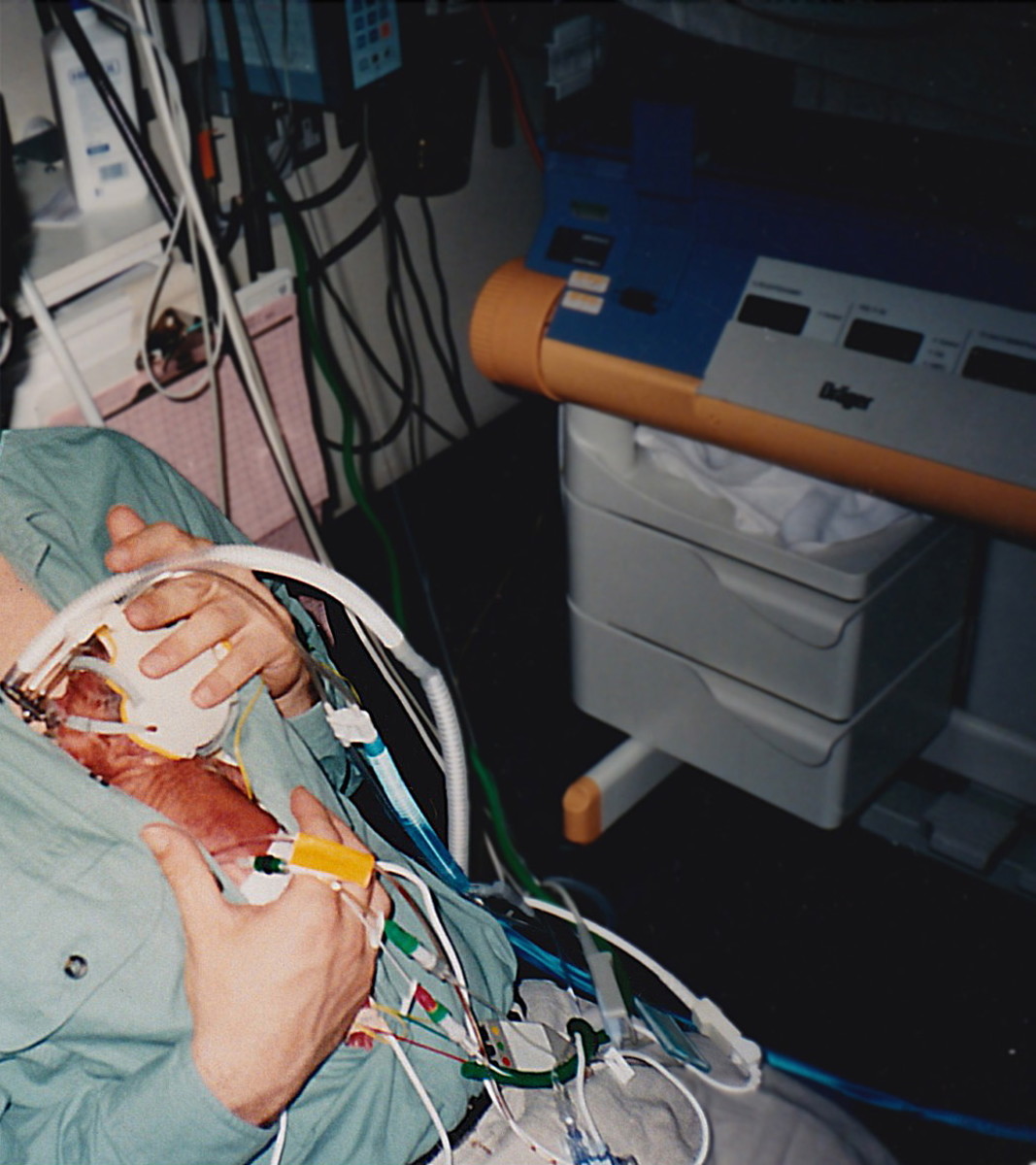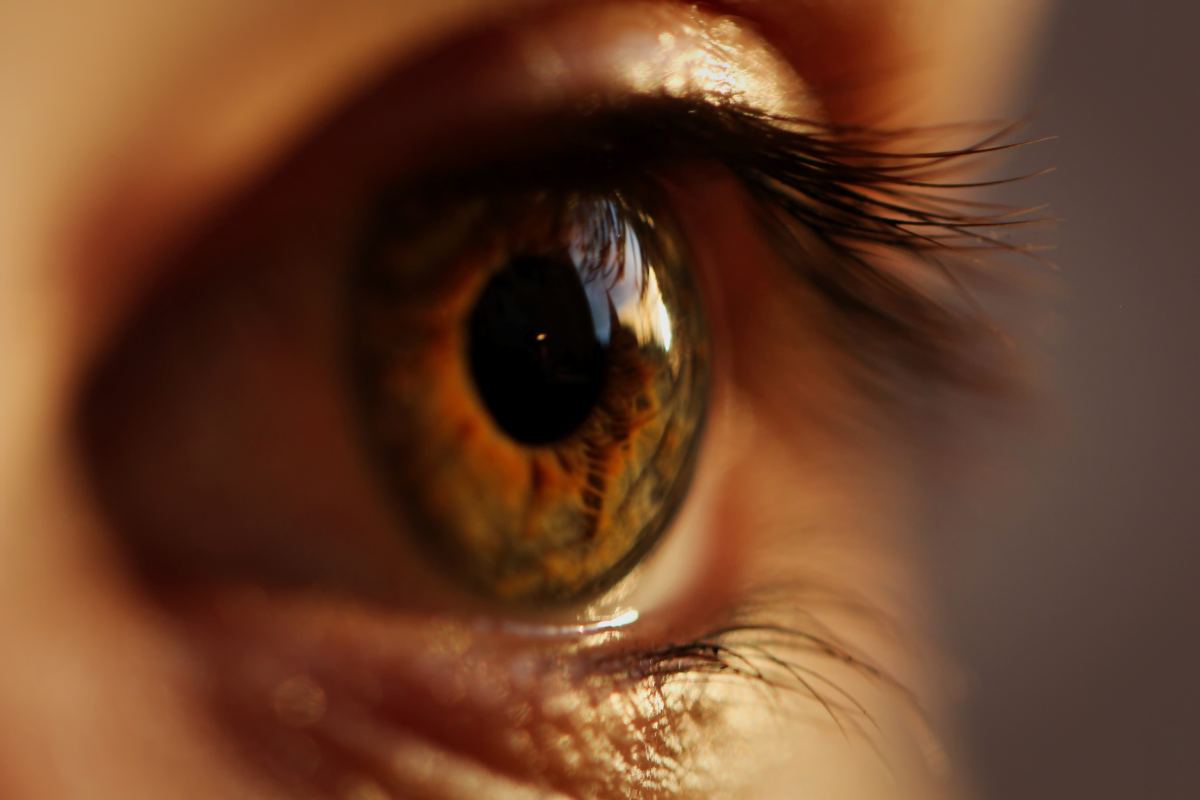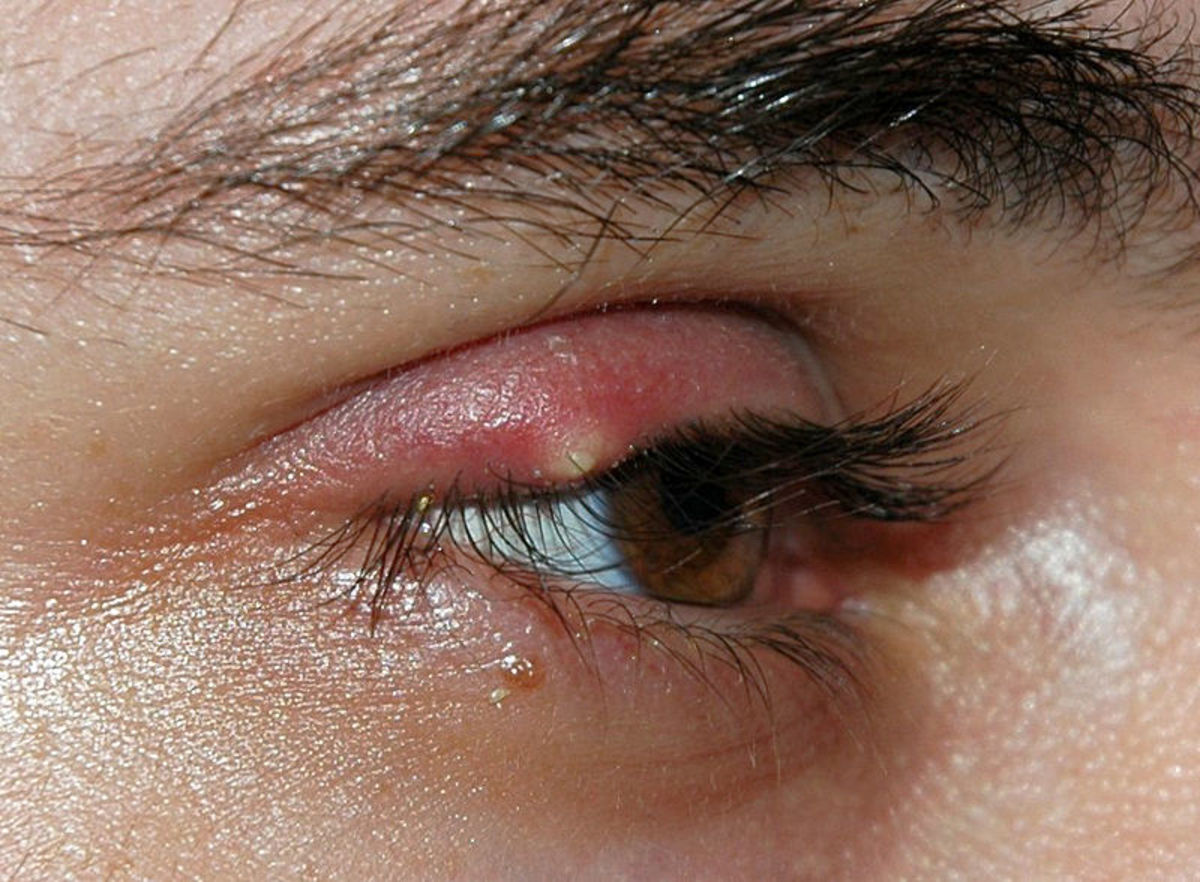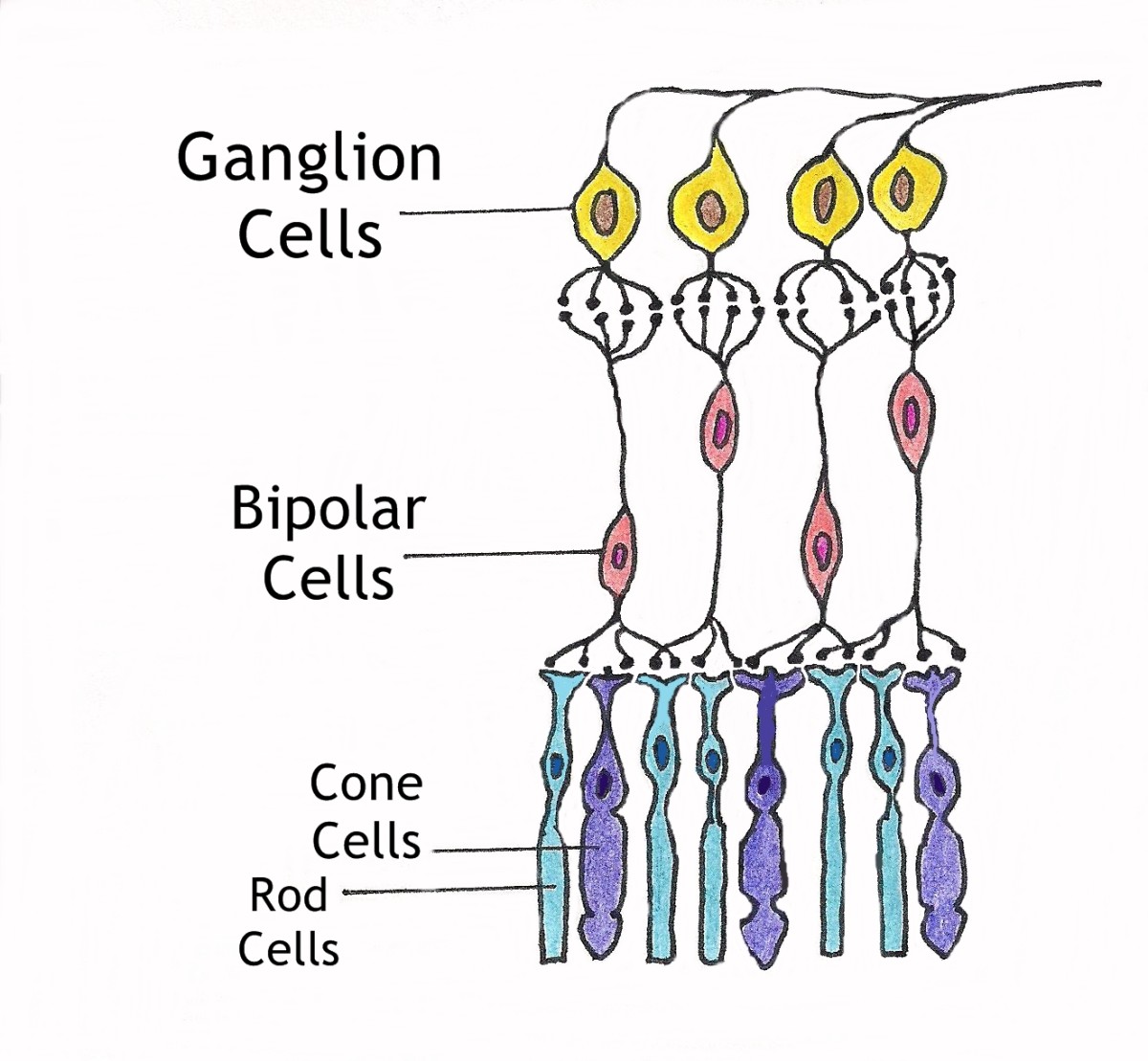DRY EYE SYNDROME - Home Remedies, and Alternative Medicine
Dry, Itchy Eyes

Dry Eye Syndrome
Dry eye syndrome is a chronic lack of sufficient lubrication and moisture in the surface of the eye.
Its consequences range from subtle but constant irritation to ocular inflammation of the anterior (front) tissues of the eye. Dry eyes also are described by the medical term, keratitis sicca, which generally means decreased quantity or quality of tears. Keratoconjunctivitis sicca refers to eye dryness affecting the cornea and conjunctiva.
What causes dry eyes?
Tears bath the eyes, washing out dust and debris and keeping the eye moist. They also contain enzymes that neutralize the microorganisms that colonize the eyes Tears are essential for good eye health.
Dry eye syndrome occurs when the tear glands do not produce enough tears, causing your eyes to feel itchy, scratchy, and irritated. It is more common in older adults and in those with autoimmune diseases, such as arthritis.
Wearing glasses or contact lenses and smoking cigarettes may increase your risk for dry eye syndrome. Dry eyes may also be caused by certain medications, such as diuretics, antihistamines, decongestants, certain blood pressure medicines, Parkinson's medications, birth control pills,and antidepressants, or because you live in a dry, dusty, or windy climate.
If your home or office has air conditioning or a dry heating system, that too could dry out your eyes. Another cause is insufficient blinking, such as when you're staring at a computer screen all day.
Dry eye is characterized by a white or mildly reddened eye combined with a sandy, gritty,dry feeling. Paradoxically, dry eye can sometimes be accompanied by excessive reflex tearing. The dryness itself can stimulate an increase in the production of tears. Dry eye is very common and is increasing in frequency due to an aging population, and increased pollution in the air. Dry eye is very common in females, especially during menopause. It is sometimes associated with dry mouth (Sjogren's syndrome) or autoimmune diseases. There are many over-the-counter (OTC) eye drops available, for the self-medication of dry eyes. These vary in their formulations, consistency, and preservatives used. Although these lubricants are effective in treating many cases of dry eye, a physician also should be consulted.
Lifestyle and Home Remedies
If you experience mild or occasional dry eyes symptoms, you may be able to manage your condition with OTC eye drops and frequent eyelid washing.
Adding tears with OTC eyedrops. Mild cases of dry eyes may be relieved by OTC artificial tears. Some ideas to help you select eyedrops include:
- Preservative vs. nonpreservative drops. Preservatives are added to some eyedrops to prolong shelf life. You can use eyedrops with preservatives up to four times a day. But using the preservative drops more often can cause eye irritation. Nonpreservative eyedrops come in packages that contain multiple single-dose vials. If you rely on eyedrops more than 4 times a day, nonpreservative drops are safe.
- Drops vs. ointments. Lubricating eye ointments wet your eyes, providing longer-lasting relief from dry eyes. But ointments are thick and can cloud your vision. for this reason ointments are best used at bedtime. Eyedrops can be used at any time and wont interfere with your vision.
Washing your eyelids to control inflammation. For people with blepharitis and other conditions that cause eyelid inflammation that blocks the flow of oil to the eye, frequent eyelid washing may help. To wash your eyelids:
- Apply a warm washcloth to your eyes. Wet a clean cloth with warm water. Hold the cloth over your eyes for five minutes. Re-wet the cloth when it cools. Gently rub the washcloth over your eyelids to loosen any debris.
- Use a mild soap on your eyelids. Use baby shampoo or another type of soap recommended by your doctor. Put the soap on your clean fingertips and gently massage your closed eyes near the base of your eyelashes. Rinse the soap completely away.
Alternative Medicine
Some preliminary research has suggested that omega-3 fatty acids could help reduce dry eyes symptoms. These fatty acids, found in fish and vegetable oils, are thought to reduce inflammation in the body. In theory, increasing the amount of omega-3 fatty acids in your diet could reduce your eye inflammation. More study is needed to prove this theory.

